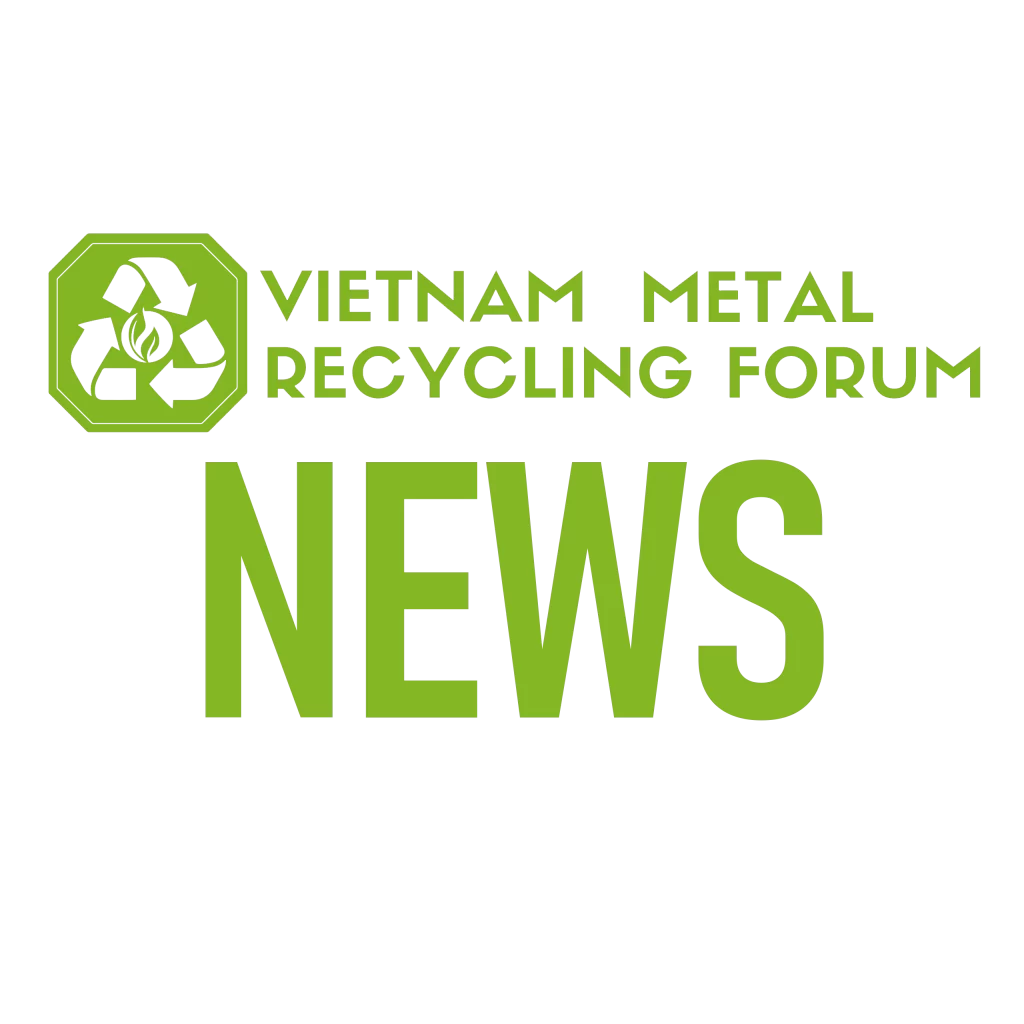Aluminum is a lightweight metal that is easy to recycle and has high economic value. Recycling aluminum saves up to 95% of the energy needed to produce it from bauxite ore. With growing demand in construction, automotive, electronics, and packaging, aluminum recycling is becoming a key solution for securing raw materials and reducing production costs.
Primary Applications of Recycled Aluminum
- Construction: Aluminum doors, frames, and profiles.
- Automotive – Electronics: Car body parts and device casings.
- Packaging: Food and pharmaceutical cans, with a preference for recycled aluminum to meet green standards.
Policies and Incentives
- The 2020 Law on Environmental Protection requires recycling companies to have a license and standard technology for treating air, water, and waste.
- Green recycling projects receive a 2% annual interest rate subsidy on loans and corporate income tax incentives.
- Some products made from recycled aluminum are subject to a 5% VAT or are exempt from export taxes under current regulations.
- Extended Producer Responsibility (EPR) policies are being implemented, with aluminum packaging—including beverage cans—identified as a high-potential product group that will soon be subject to mandatory collection and recycling mechanisms.
Current Challenges
- Lack of investment in modern technology, particularly among small and medium-sized enterprises.
- The management of discharge quality and environmental licensing is not yet consistent.
- A public-private partnership mechanism is needed to develop modern and sustainable recycling infrastructure.
Source: Compiled from the Internet.


Related Posts
Metal Market Weekly Update: September 29, 2025 – October 03, 2025
Waste EV Batteries: From “Scrap Metal” to Sought-After Energy Assets
Association Partner Announcement
US Federal Reserve Signals Further Interest Rate Cuts, LME Copper Prices See Significant Overnight Volatility.
89% of Vietnamese Businesses Will Commit to ESG in 2–4 Years. The Wave of Shifting from Awareness to Action and Opportunities for a Sustainable Future
Weekly Metal Price Volatility: Steel, Aluminum, Copper, Lead, Zinc, Nickel. Key Data, Developments, and Expert Opinions